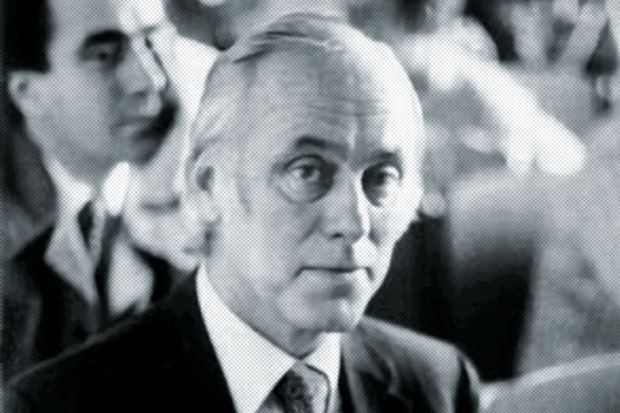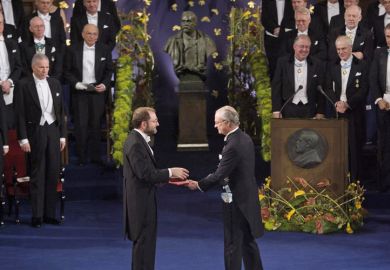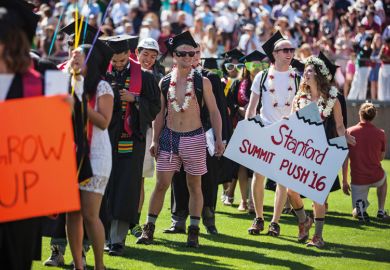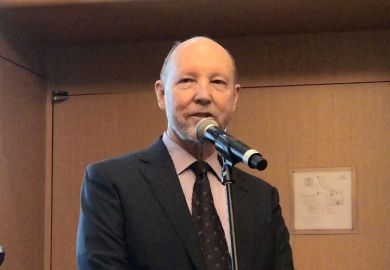Theodore “Ted” Anderson was born in Minneapolis on 5 June 1918. After a PhD in mathematics at Princeton University (1945), he worked briefly at the University of Chicago as a research assistant on a project set up to help the US smooth the transition from a wartime to a peacetime economy.
In 1946, he joined the faculty of Columbia University for close to two decades before moving to Stanford University in 1967. Although he retired from teaching as an emeritus professor in 1988, he continued to attend seminars until recently – and even submitted his last technical paper after his 98th birthday in June.
As well as a textbook that became a classic in its field, An Introduction to Multivariate Statistical Analysis (1958; third edition, 2004) and the highly influential The Statistical Analysis of Time Series (1971), Professor Anderson made a number of fundamental contributions to statistical analysis.
This is reflected in the number of key tools that bear his name: the Anderson-Darling test of fit; the Anderson-Bahadur algorithm; the Anderson-Stephens statistic for data on a sphere; and Anderson’s Lemma, used in the theory of high-dimensional probability. His importance was also shown by the publication, in 1990, of the two-volume Collected Papers of T. W. Anderson: 1943-1985.
“Among other things,” says David Donoho, a professor of statistics at Stanford, “Ted was a prophet of the big data era, where multiple measurements on a person’s behaviour or characteristics, such as weight, height, age, IQ, GPA, could be used to predict other characteristics or properties.
“Today, this sort of multivariate analysis is routinely used in all sorts of scientific studies. In everyday life we now see it used in consumer credit scoring, in prediction of survival probabilities in breast and prostate cancer, in fraud detection and in identifying risky portfolios of investments.”
Elected to the National Academy of Sciences and the American Academy of Arts and Sciences, Professor Anderson was also fellow of the American Statistical Association, the Royal Statistical Society, the Econometric Society and the American Association for the Advancement of Science.
His eminence was recognised in 2008 when Stanford held a two-day conference in his honour for his 90th birthday, attended by many internationally renowned scholars such as Kenneth Arrow, 1972 Nobel laureate in economics. Colleagues also paid tribute to him at the 17th International Workshop on Matrices and Statistics in Tomar, Portugal, in the same year.
Professor Anderson died of heart failure on 17 September and is survived by his wife Dorothy, three children and five grandchildren.
Register to continue
Why register?
- Registration is free and only takes a moment
- Once registered, you can read 3 articles a month
- Sign up for our newsletter
Subscribe
Or subscribe for unlimited access to:
- Unlimited access to news, views, insights & reviews
- Digital editions
- Digital access to THE’s university and college rankings analysis
Already registered or a current subscriber?







